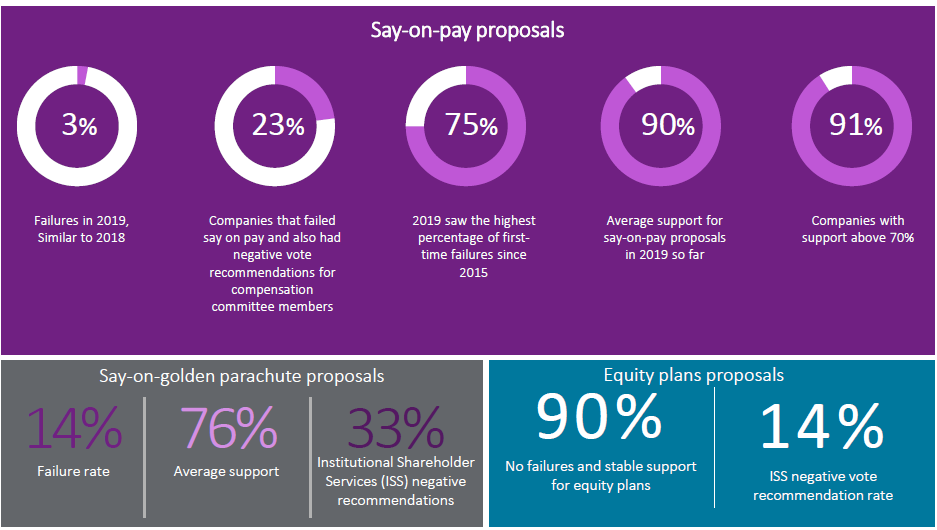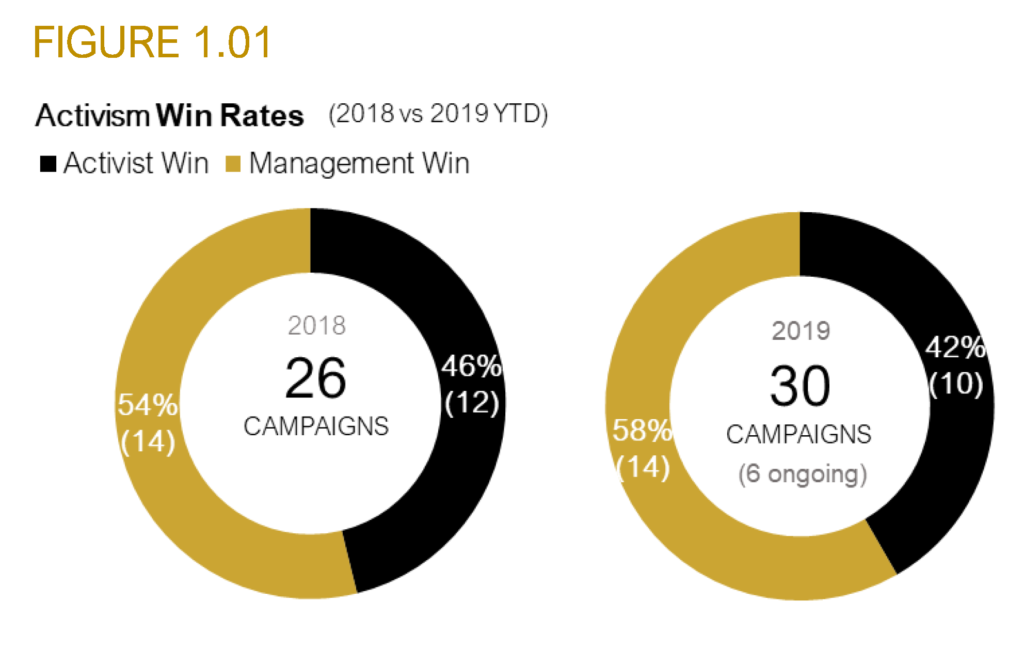Posted by David A. Katz and Laura McIntosh, Wachtell, Lipton, Rosen & Katz, on
Friday, September 27, 2019
After many years, this past summer the Business Roundtable updated its principles of corporate governance with a new Statement on the Purpose of a Corporation. In the accompanying press release, the Business Roundtable emphasized the larger societal role of corporations in America: “If companies fail to recognize that the success of our system is dependent on inclusive long-term growth, many will raise legitimate questions about the role of large employers in our society.” Superseding the decades-long period during which the Business Roundtable supported the view that “corporations exist principally to serve their shareholders,” the revised statement of purpose is oriented toward “the long-term interests” of “all of our stakeholders.”
The Business Roundtable thus joins other prominent voices in corporate America that are now disavowing long-held views of shareholder primacy. The Business Roundtable press release identifies the two sources of this trend. The first is a perceived disconnect between the short-term interests of “shareholders” and the long-term interests of “stakeholders,” a group that, writ large, could encompass all of American society. The second is a desire to stave off government intervention that could impose an overly burdensome stakeholder- centric model of corporate governance through legislation: “If companies fail to recognize that the success of our system is dependent on inclusive long-term growth, many will raise legitimate questions about the role of large employers in our society.”
The short-term/long-term, shareholder/stakeholder debate is likely to become more intense, and more political, in the near future. As the landscape of corporate governance shifts around them, companies should seek firm ground on a foundation of business success by creating and implementing a strategic plan over a time horizon that will maximize both growth and profitability. With a well- developed, well-articulated, and well-executed strategy, a chief executive can generate productivity and value, and a successful enterprise will have correspondingly wide latitude from investors and regulators alike to engage in responsible corporate stewardship in the manner, and over the timeframe, that is best suited to the corporation.
READ MORE »

